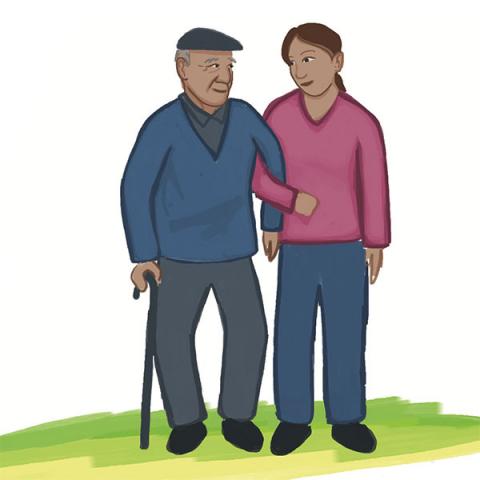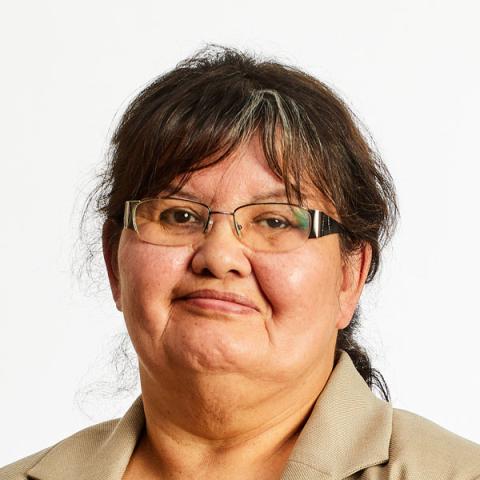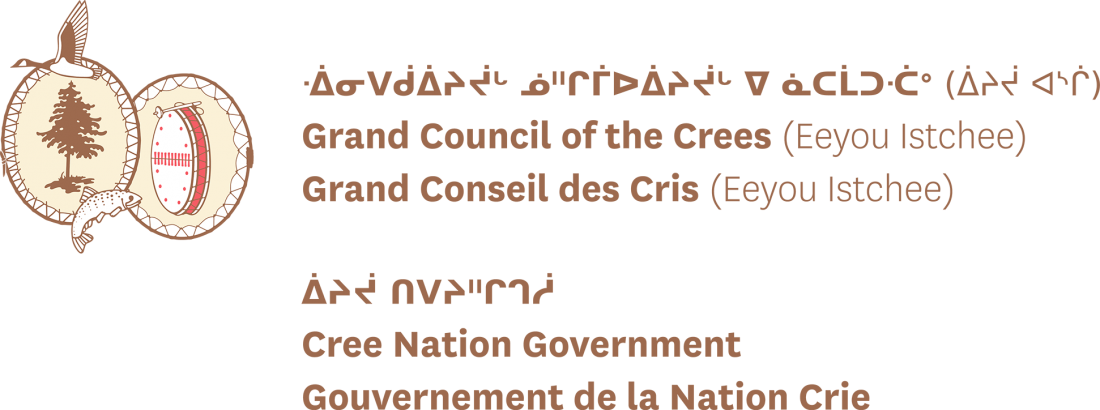Elders' mistreatment: How can we protect our Elders?
ᓇᓈᑲᑕᐧᐁᔨᒫᑖᐧᐁᓂᒡ ᒋᒋᔐᐃᓃᒥᓅᒡ
nanâkataweyimâtâwenich chichisheinîminûch
Audio file
Description
ᐄᔨᔨᐅᔨᒧᐎᓐ | IIYIYIUYIMUWIN
Janie Pepabano from Chisasibi talks about the different types of mistreatment elders and vulnerable adults suffer from and what can be done about it.
Janie Pepabano from Chisasibi talks about the different types of mistreatment elders and vulnerable adults suffer from and what can be done about it.
Did you know?
An elder or vulnerable adult is being mistreated if a person they trust...
- Causes them emotional, mental or physical harm
- Damages their house
- Puts all the financial burden on the elder
- Takes money or valuable things without asking
- Makes important decisions without first checking
- Neglects them instead of helping

Do you know an elder or vulnerable adult who needs help?
See it.
"Something is not right."
- Learn to recognize signs of abuse
- Trust your instincts
Name it.
"I'm worried about you."
- Reach out when it's safe
- Avoid finger-pointing or blame
Check it.
"What can I do to help?"
- Make sure they are safe
- Be a good listener
- Connect them to services, like the Wichihiwaauwin Helpline
Wiichihiiwaauwin (Mental Health) Helpline
Wiichihiiwaauwin (Mental Health) Helpline
Service available 24/7. Cree speakers and Elders are available upon request
To report the mistreatment of an elder or vulnerable adult who receives services from the CBHSSJB, in its facilities or through in-home care, contact the Commissioner of Complaints.

Image



